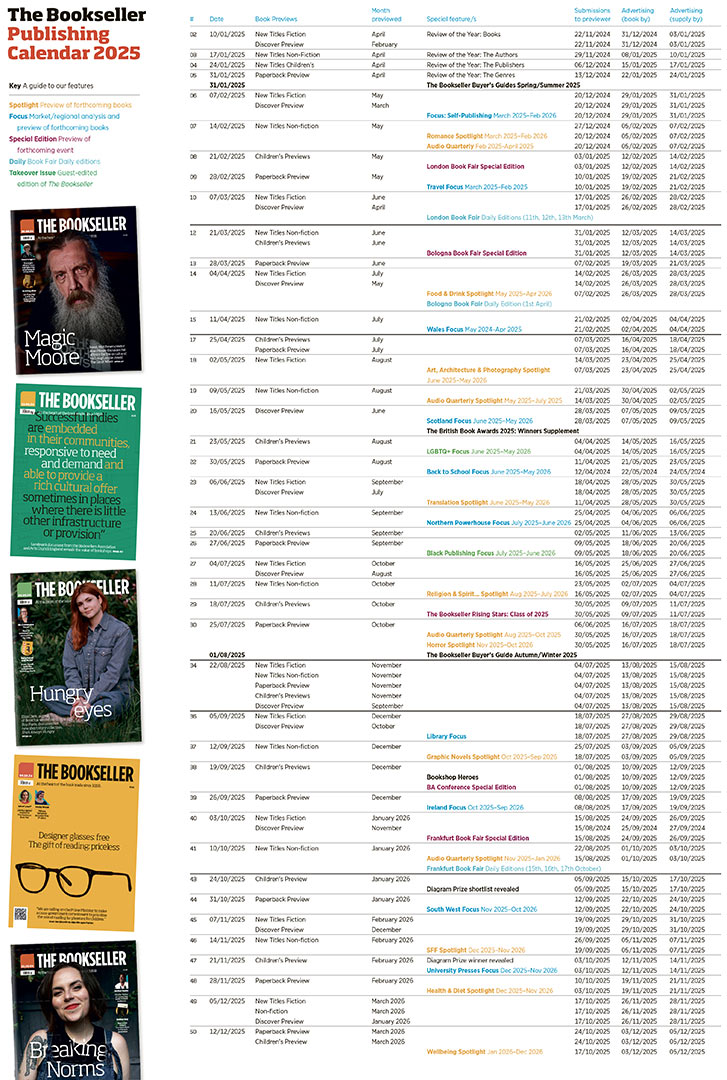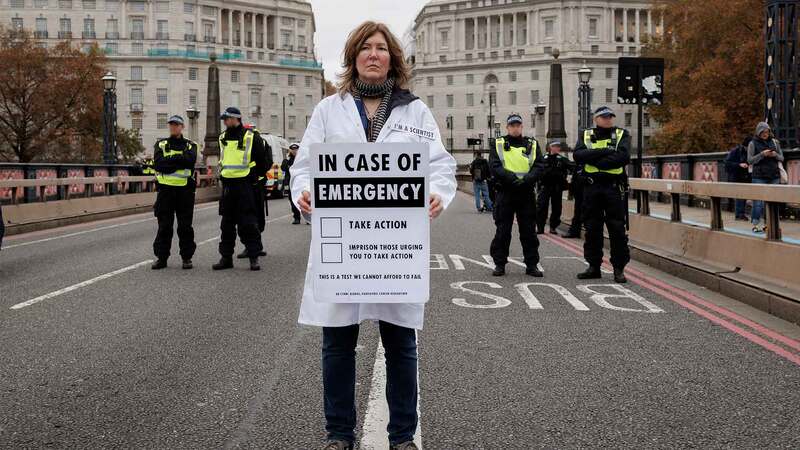You are viewing your 1 free article this month. Login to read more articles.
The Suspicions of Mr Werner
One death is a tragedy; a million deaths is a statistic. Paul French is—apologetically— quoting Stalin as he explains what it was about the murder of a young British girl in the dying days of colonial Peking that took hold of him, and wouldn’t let go.
On a bitterly cold night in January 1937, the hideously mutilated body of Pamela Werner, the 19-year-old adopted daughter of a former British consul to China, was discovered in Peking’s “badlands”. Amidst a mass of slashes, cuts and bruises, her sternum gaped open, and her heart had been removed. Despite a police investigation, and a dogged campaign by her grief- stricken father, Pamela’s killer was never found, and the once notorious case vanished into the obscurity of a Foreign Office vault amid the turmoil of the Second World War. Until now, and the publication of French’s enthralling account, Midnight in Peking.
“I’m a China guy,” says French. He studied Chinese language and history to post-graduate level in both the UK and China, before settling permanently in Shanghai in 1998, where he ran his own research publishing business and wrote books on Chinese history. After selling the business last year, French had planned to pen more of the same. Until a chance encounter with Pamela Werner moved him to write something else entirely.
“I was reading a pretty boring academic book about China, and came across a little footnote about Pamela’s murder. There was a hint of opium, a whiff of sex, and I was intrigued. So I dug around and discovered this extraordinary unsolved crime case. At first, I thought I was dealing with a ‘love affair gone wrong’; a case of a young girl falling in with the wrong people. But it turned out to be way, way darker than that”. After the rather bungled official investigation was abandoned, Pamela’s father got much closer to the truth, eventually naming those he thought were responsible. But despite his efforts, no one was ever brought to justice. French came to agree with Werner’s conclusions however. In his penultimate chapter, “Invitation to a Party”, he reconstructs the horrific events of Pamela’s final night, when a young girl paid a hideous price for nothing more than dressing glamorously, and acting a little minxy.
The most compelling aspects of Midnight in Peking, besides the brutal murder at its heart, lies in its evocation of the frenzied atmosphere of the period. Even as Pamela’s murder hit the headlines, Japanese forces were encircling the city, poised to invade. “It was one of those coalescing moments. Within six months you had the Rape of Nanking, and soon afterwards, the events that would lead to the Second World War started to gather pace. Ten years later, the world was an utterly different place in terms of what we knew human beings were capable of doing to each other”.
“It was a messy time in Peking too. There was wild partying, but also the sense that something was about to go ‘pop’.” French lifts the lid on the disparate and often shady characters who made up the city’s European community. “They weren’t colonialists: but rather an odd group. Many of them belonged to an underclass of ne’er do wells: army deserters, criminals and prostitutes; and people with weird tastes in sex and drugs. Compared with Shanghai, Peking was rather off the map and not subject to any kind of British justice.”
Author David Peace, who has himself written about murkier aspects of the Far East, has called Midnight in Peking an “instant true-crime classic”. But French has mixed feelings about the term “true crime”. “If you look at most of what’s on those shelves in bookshops, they are the sort of books that moved a Good Reads reviewer to comment: ‘True crime equals waste of time.’ I wouldn’t buy any of it.” French does, however, acknowledge his debt to titles which transcend the genre such as John Berendt’s Midnight in the Garden of Evil and Truman Capote’s In True Blood.
French was also motivated to write Midnight in Peking because he felt that—compared with the wealth of books about India at the time of the Raj—there was a dearth of writing about China in the same era. What little there is invariably centres on 1930s Shanghai, he says, citing books like J G Ballard’s Empire of the Sun. “Peking was a much more Chinese city and I wanted to reflect that.” Midnight in Peking also stirs a supernatural frisson in the reader, through some sinister nuggets about the Chinese belief in evil fox spirits. Many of the contemporary Chinese residents of Peking believed that such spirits were responsible for Pamela’s murder. Though not in the least superstitious himself, French wanted to keep that feeling in the “ether” of the story.
Ultimately however, Pamela’s murder is shocking because real, apparently respectable men were almost certainly responsible. “The belief in a supernatural source of evil is not necessary; men alone are quite capable of every wickedness”. French need make no apology for choosing this Joseph Conrad quote with which to preface Midnight in Peking.
Midnight in Peking is out on 31 May, published by Viking.














